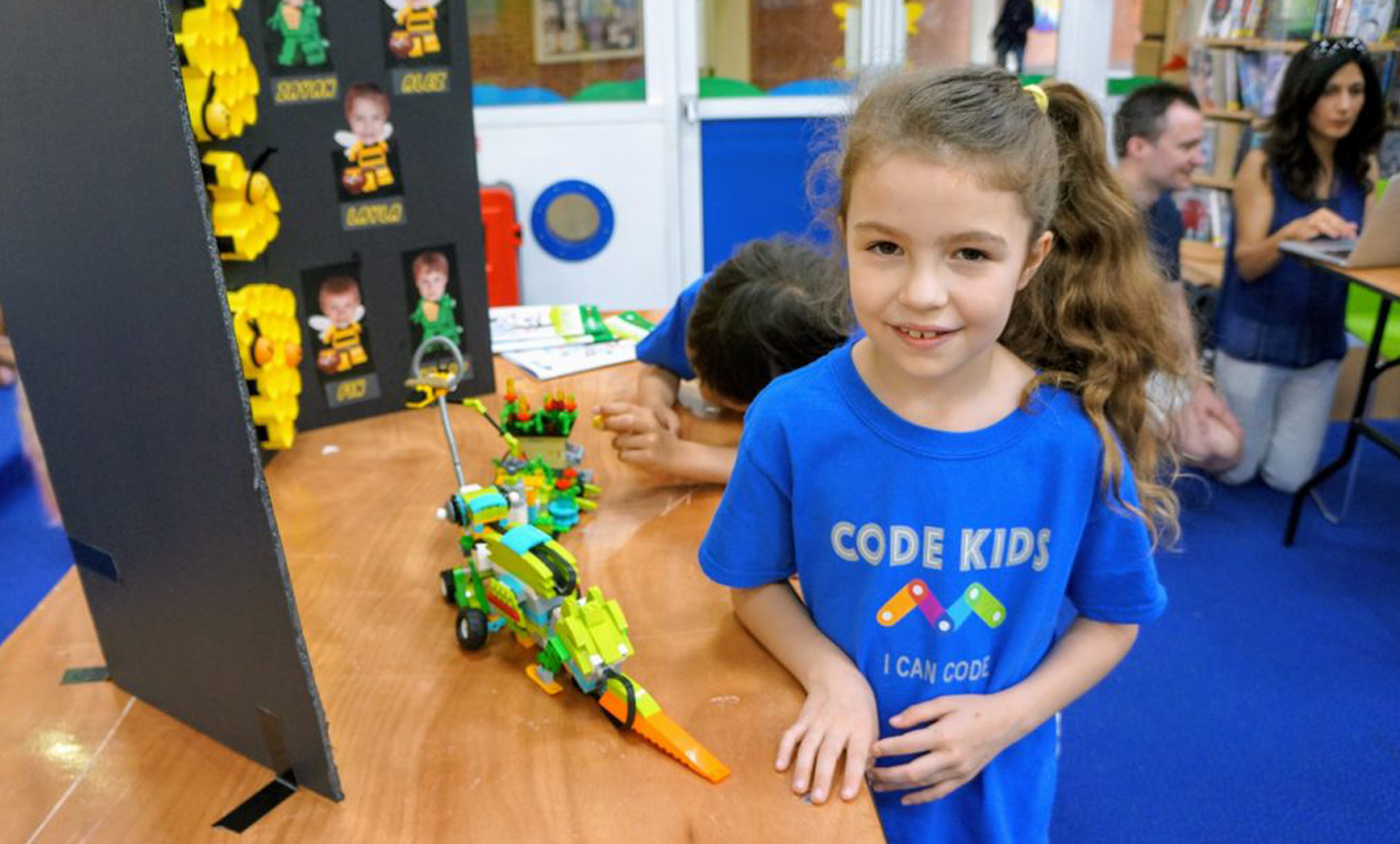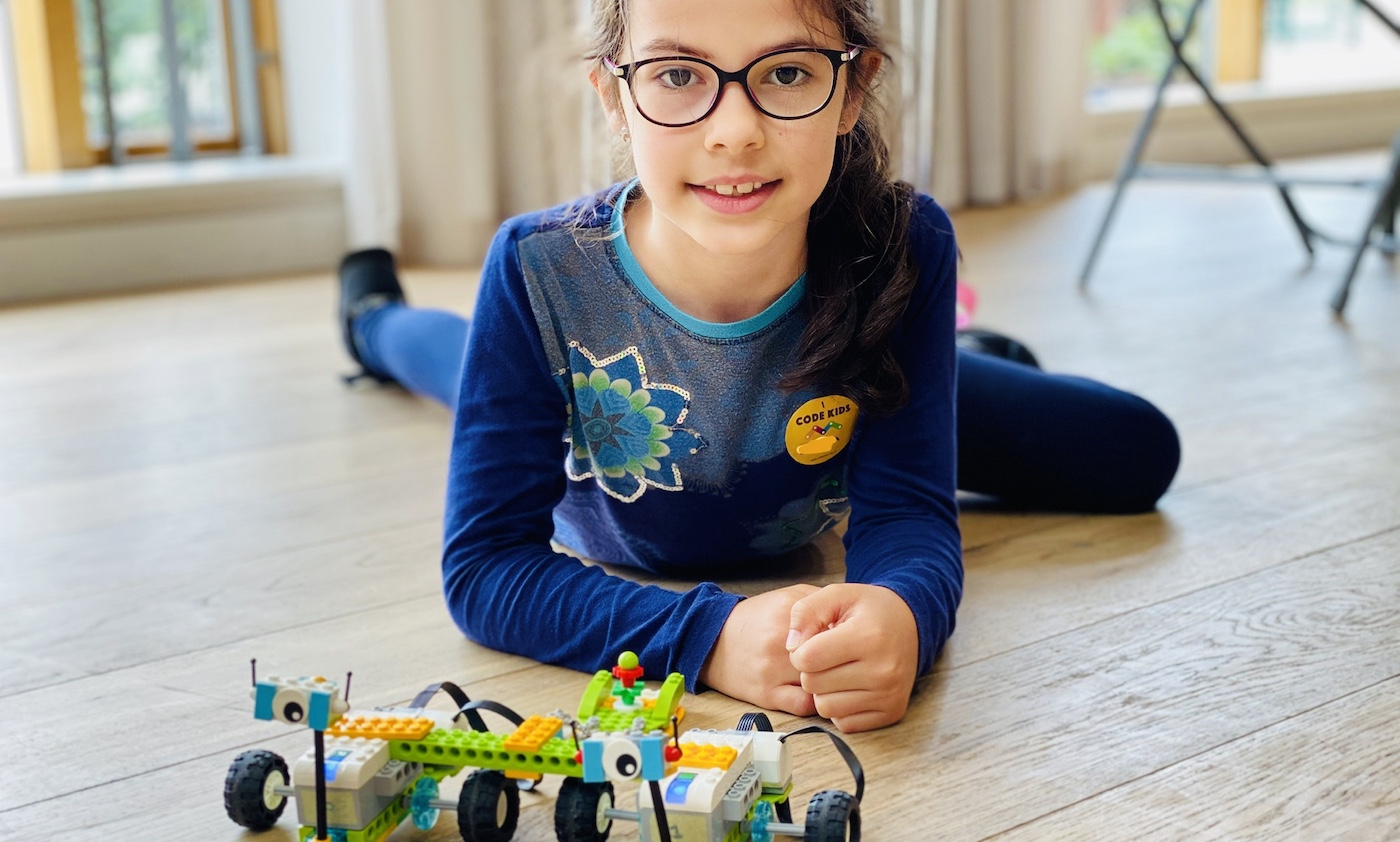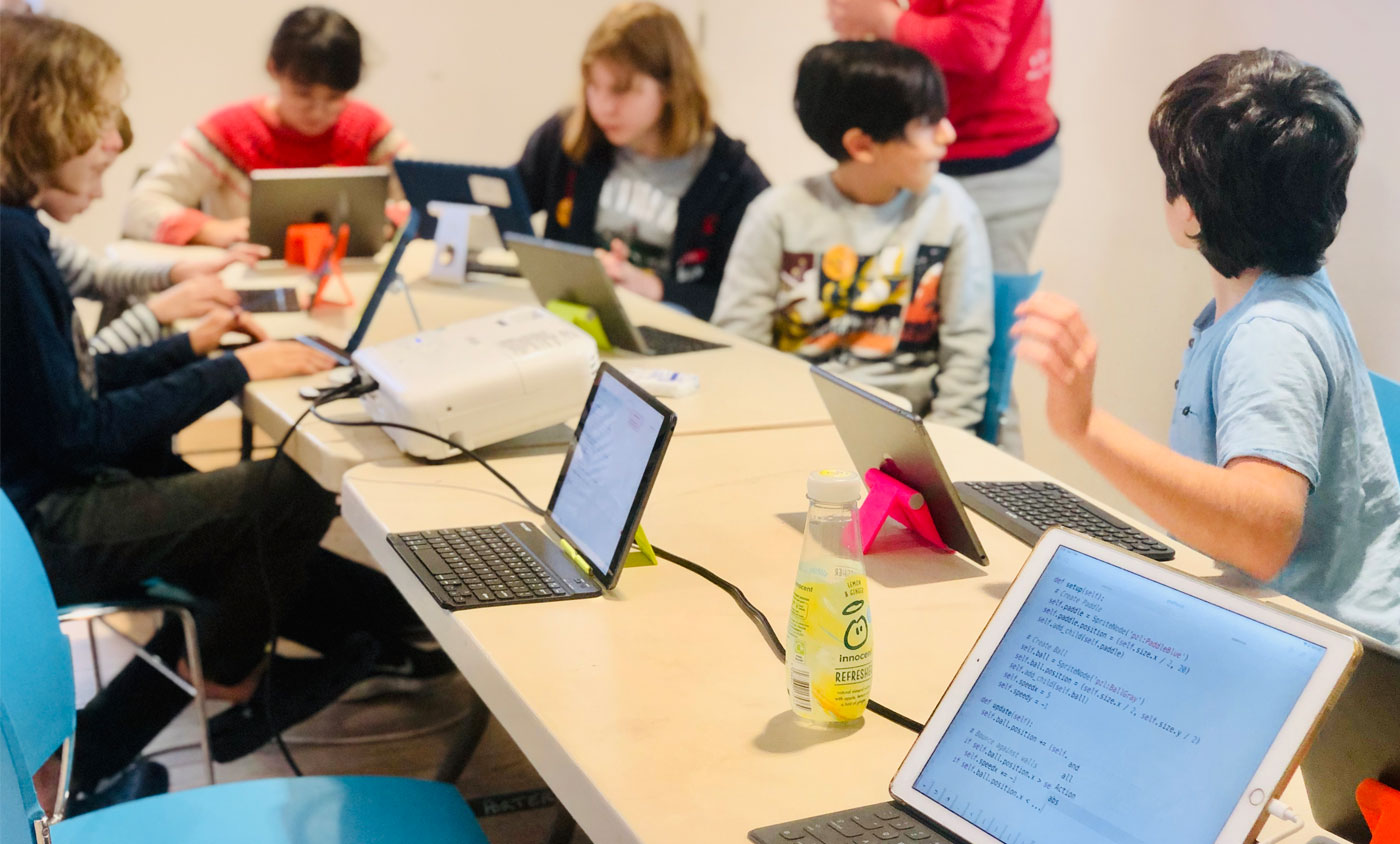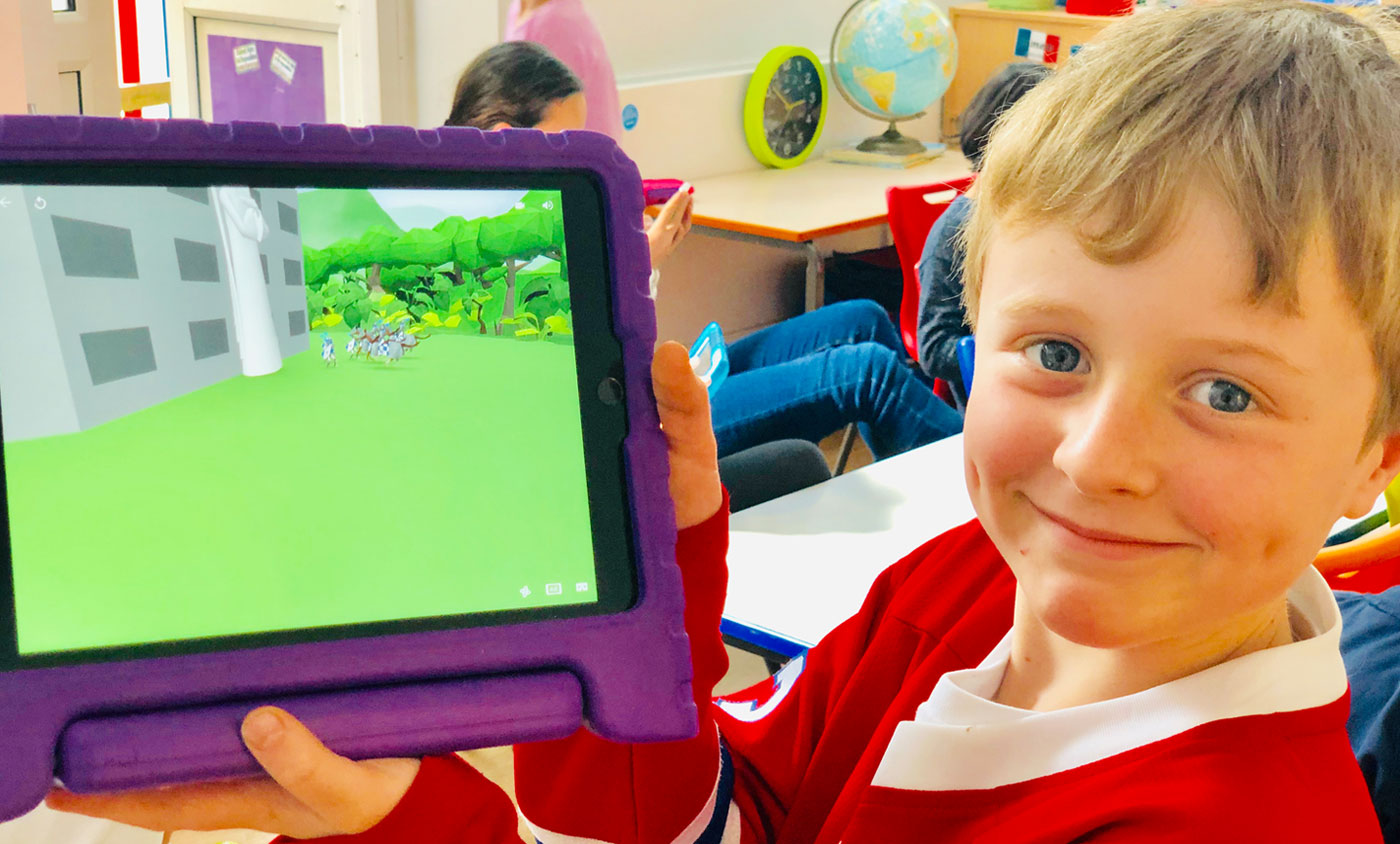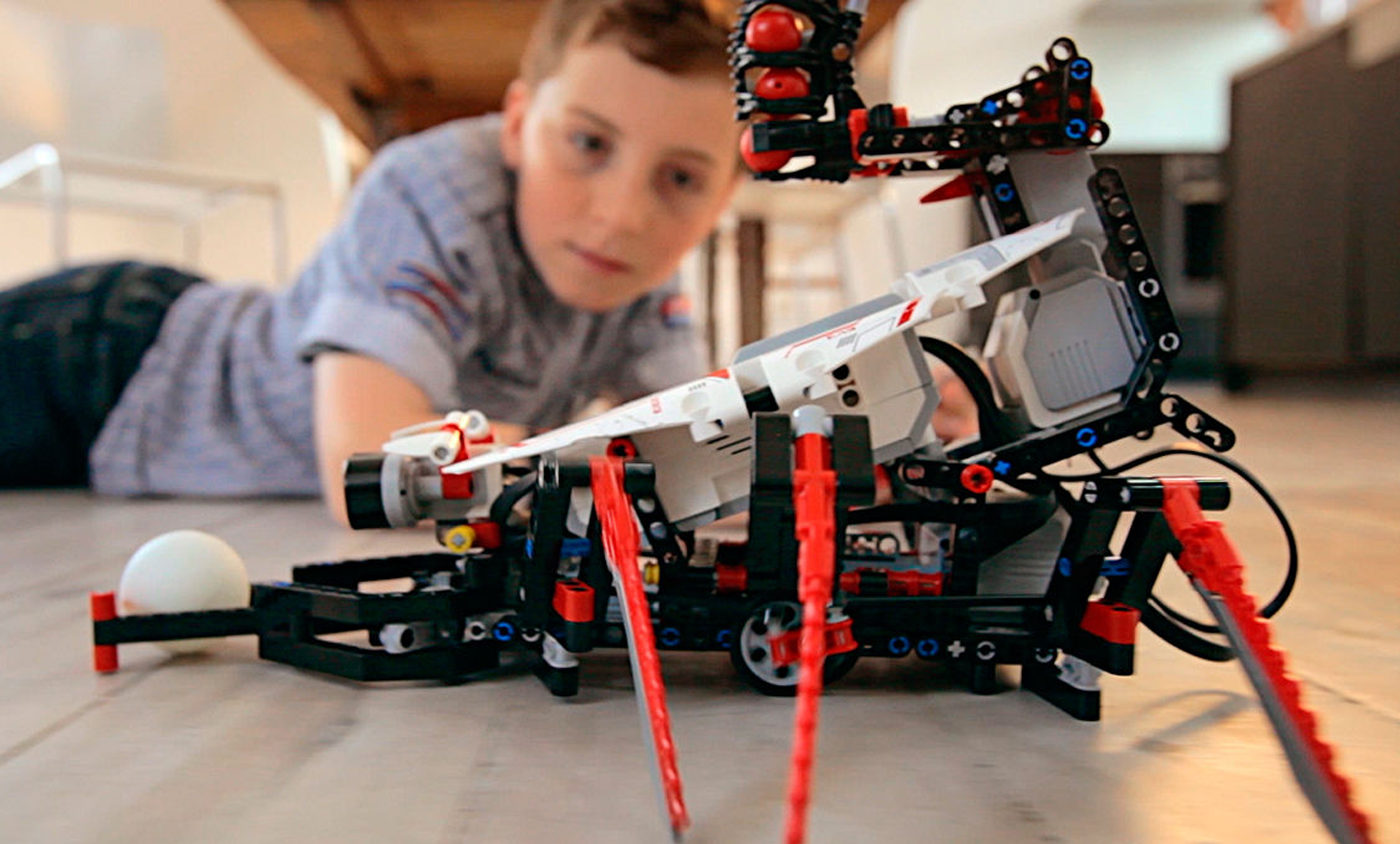It appals me to think that such a question can even be posed in this day and age. And yet, as I write this, we all know that there is a massive gender gap in coding jobs. So where are all the female programmers?
As with many other industries, the IT industry is primarily male dominated. Women are having to struggle to get through the door and when they do make it through, having to deal with a pay gap as well.
Only last year, a Google software engineer made headlines by writing an internal memo that questioned the company’s diversity efforts and argued that the low number of women in technical positions was a result of biological differences instead of discrimination. What a ridiculous argument! Makes me think about Samuel George Morton and his skulls.
However, we must not shrug this off as the ramblings of a raving lunatic, totally disengaged from the real world. There are a lot of people in the IT industry who do believe in such statements, including women, but who probably keep their opinions to themselves.
The primary reason for it I believe is the mindset of a lot of people who think coding isn’t just for women, just like mathematics and engineering. This is probably the most obvious present-day example of confirmation bias.
You tell someone often enough and for long enough that they are incapable of doing something, and they will eventually believe it to be true! It is really a vicious cycle, as the thinking that women and girls aren’t essentially hard-wired to cope with technology then leads to confirmation bias amongst our young girls who believe the myth to be true.
Every day, I talk to parents who think that because their daughters are “girly girls” and more into dance and drama and music, that they wouldn’t necessarily be interested in joining a robotics and coding club.
It isn’t all doom and gloom though. I am a mechanical engineer myself, and despite being in the small minority of females in my year, I met many many really clever, mathematically minded women who went on to have excellent careers in technology. In my own case, it was the belief that maths and science was my ‘thing’ – a belief that was engrained in me by my family. I then went on to have a career in the oil and gas industry, where there were even fewer women. Those that I did meet along the way, were also incredibly able people who were just as good at their jobs as their male colleagues.
Perhaps it is time we reverse engineered this confirmation bias, as my family did in my case. Perhaps it is time we started telling our young children that technical subjects are for everybody – including girls – and they will eventually start to believe in their own abilities.

